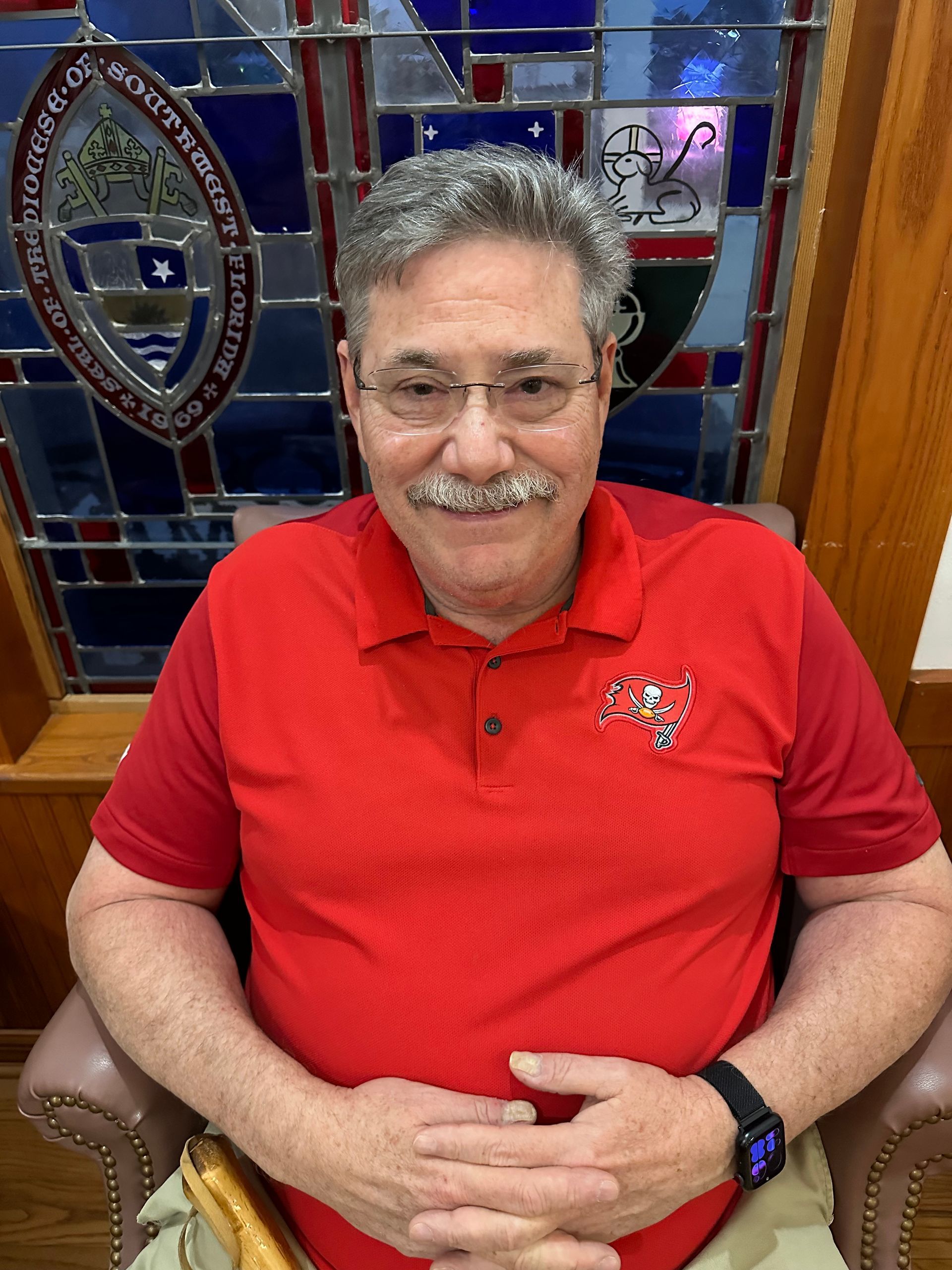Vestry
Vestry Responsibilities
Vestry members are legal representatives and agents of a parish, charged with specific responsibilities by the canons of The Episcopal Church. They share leadership responsibilities with the Rector (as legal representative and agent). The vestry functions much like the board of any nonprofit, with responsibility for finances and management of property and human resources. Many aspects of the vestry's role are defined by entities beyond that congregation - local, state and federal laws, and Diocesan and Episcopal Church canons - as well as by the Churches own constitution and bylaws.

Who Serves on the Vestry
Members
- Winnie Mechem
- Terry Huntzicker
- Jamie Bradsher
Wardens
Senior and Junior Warden
Wardens are elected members of the vestry with particular leadership responsibilities. Most congregations elect two, known as senior and junior wardens, though some use the terms "rector's warden" and "people's warden". The wardens' election or selection process varies significantly from one diocese to another, making it especially important that it be clearly communicated and understood by the faith community.
Generally, the wardens work as lay partners with the rector often meeting weekly to discuss the small and large concerns of the parish.
John Pappa - Senior Warden
As a member of the church since 1983, I am committed to serving our community by offering my time, talent, and prior experience of serving on the vestry and many other committees within the church. I am striving to listen to the Holy Spirit's guidance as we continue forward in mutual mission and ministry.

Randy Simpson - Junior Warden
A life-long resident of Charlotte County, Randy first came to Good Shepherd as a parent whose children went to our school. Having God bless him in his life; he wants to share his blessings by doing more in service to the church.

Treasurer
Jerilyn Schnitzel
A church Treasurer is an elected officer of the Vestry. The Treasurer and Finance Director work closely together so the they can account for and report to the Vestry all income received and disbursed in such a way as to enable the Vestry to manage the mission and ministry of the congregation. Of special concern is the annual report for the Annual Meeting. This report is also to be attached to the copy of the Parochial Report forwarded to the diocesan office.
The ministry of this office is more than just addition and subtraction; it is also to apply the general policies of the Episcopal Church and the IRS rules governing the relationship of the congregation as an employer.
Bio
Jerilyn B. Schnitzel, CHAE, CHTP, CAM
Jerilyn is a lifelong Episcopalian and has been a member of the Church of the Good Shepherd, since moving to Punta Gorda in 1987. Jerilyn and her husband, Greg, were married at the Church in 1990. Over the years, Jerilyn has served the Church in many capacities, including teaching Sunday School and working with the previous youth groups during the years 1988 - 2009. She served as the Assistant Treasurer/Bookkeeper for the Church and School from 1993 to 2003, then as Treasurer from 2005 to 2009. During this time, she oversaw the finances of the Church through its expansion and later recovery from Hurricane Charlie. Jerilyn also served on the Good Shepherd Vestry during the mid-1990’s and early 2000’s, and in 2000, she served on the Day Spring Planning Committee. Jerilyn once again became the Treasurer in 2022 and continues to oversee the Church and School finances today.
Outside of Church Jerilyn is the owner of Schnitzel Hospitality Consulting specializing in HOA and country club accounting services. Jerilyn’s background experience includes more than 35 years in accounting and financial management in the Hospitality Industry and has worked with over 50 country clubs from Tampa to Sarasota. Jerilyn is a Licensed Community Association Manager (CAM), a Certified Hospitality Accountant Executive Emeritus (CHAE+) and a Certified Hospitality Technology Professional Emeritus (CHTP+). Jerilyn served two terms as a Director on the Global Board for Hospitality, Financial & Technology Professionals (HFTP). She is a founding board member of her local Florida Gulf Coast chapter of HFTP. Jerilyn served on the committees for the sixth and seventh editions of the Uniform System of Financial Reporting for Clubs and the committee that put together the Uniform System of Financial Reporting for Chapters.
Looking for the Diocesan Canons or the Church Bylaws?
Click the button below!

